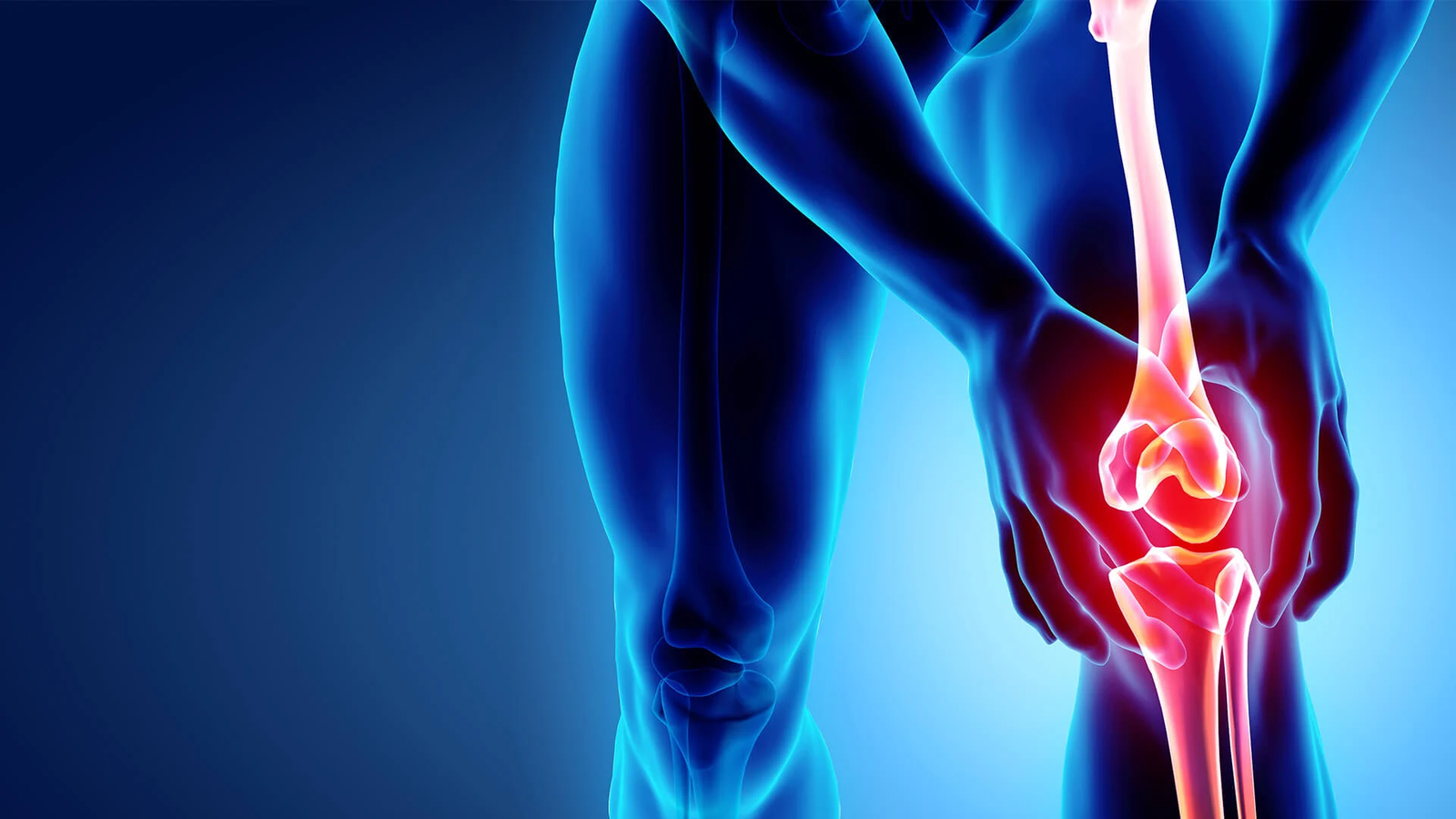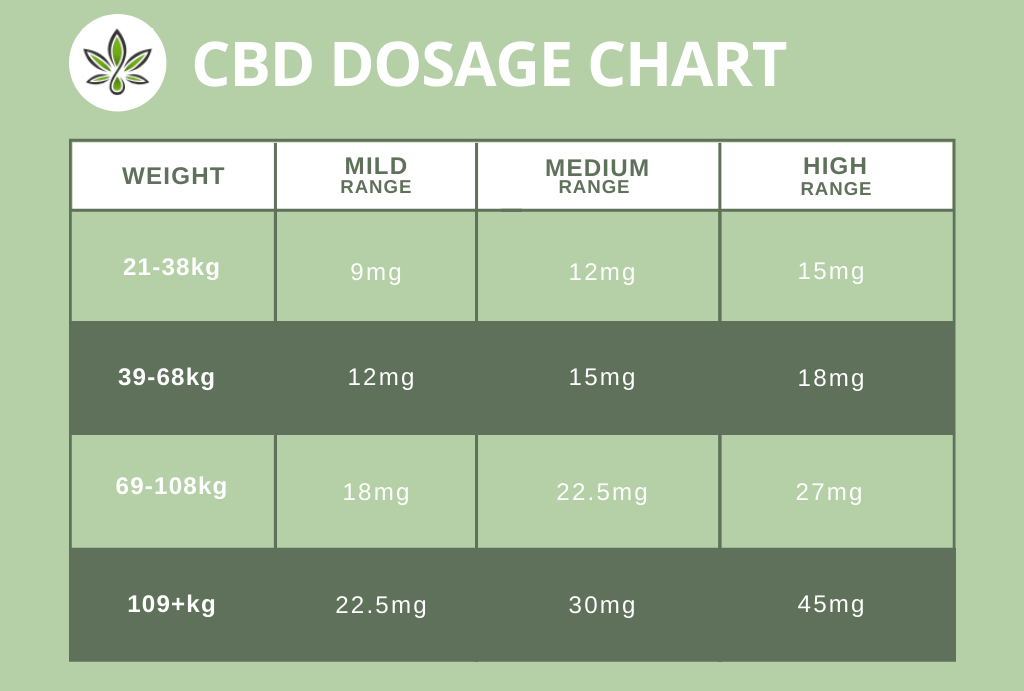Exploring the Science Behind CBD: How Does It Work?

CBD, short for cannabidiol, has become a popular topic of discussion in recent years due to its potential therapeutic benefits. As the market for CBD products continues to grow, it is important to understand the science behind CBD and how it works in our bodies. In this article, we will discuss the Science behind CBD.
CBD is a natural compound found in the cannabis plant. Unlike its counterpart, THC (tetrahydrocannabinol), CBD does not cause psychoactive effects or make you feel “high.” Instead, it interacts with various receptors in our body to produce a range of potential therapeutic effects.
Explore the Contents
- 1 What is CBD?
- 2 The Endocannabinoid System
- 3 CBD and Receptors
- 4 CBD’s Effects on Neurotransmitters
- 5 Anti-Inflammatory Properties of CBD
- 6 CBD and Pain Management
- 7 CBD and Anxiety Relief
- 8 CBD and Sleep Regulation
- 9 CBD and Epilepsy
- 10 CBD and Skin Health
- 11 CBD and Side Effects
- 12 Choosing Quality CBD Products
- 13 CBD Dosage and Administration
- 14 Conclusion
- 15 FAQs About The Science Behind CBD
What is CBD?
CBD is one of the many cannabinoids found in the cannabis plant. It is extracted from hemp plants, which contain high levels of CBD and low levels of THC. CBD can be consumed in various forms, including oils, tinctures, capsules, edibles, and topicals.
The Endocannabinoid System
To understand What is the science behind CBD?, we need to explore the endocannabinoid system (ECS). The ECS is a complex network of receptors, enzymes, and endocannabinoids that help regulate various bodily functions, such as mood, appetite, sleep, and pain sensation. The ECS plays a crucial role in maintaining homeostasis, or balance, within the body.
Read More:20 surprising Benefits Of CBD Oil :A Comprehensive Guide
CBD and Receptors
CBD interacts with two main types of receptors in the ECS: CB1 and CB2 receptors. CB1 receptors are primarily found in the brain and central nervous system, while CB2 receptors are predominantly located in the immune system and peripheral tissues. CBD acts as a modulator of these receptors, influencing their activity and signaling.
CBD’s Effects on Neurotransmitters
CBD has been shown to affect various neurotransmitter systems in the brain, including serotonin, dopamine, and glutamate. By interacting with these systems, CBD may influence mood, cognition, and overall brain function. This is why CBD is being studied for its potential in managing conditions such as depression and anxiety.
Anti-Inflammatory Properties of CBD
Inflammation is a natural response by the body to protect against injury or infection. However, chronic inflammation can contribute to the development of various diseases. CBD has demonstrated anti-inflammatory properties, potentially reducing inflammation and its associated symptoms.
CBD and Pain Management
Pain relief is one of the most well-known benefits of CBD. CBD interacts with receptors involved in pain signaling, such as vanilloid receptors and opioid receptors. By modulating these receptors, CBD may help alleviate pain and discomfort associated with conditions like arthritis, migraines, and neuropathic pain.

CBD and Anxiety Relief
Anxiety disorders affect millions of people worldwide, and CBD has shown promise in reducing anxiety symptoms. CBD may interact with receptors related to anxiety regulation, such as serotonin receptors. It may also promote relaxation and calmness, making it a potential natural alternative to traditional anti-anxiety medications. This is the science behind CBD.
CBD and Sleep Regulation
Sleep plays a vital role in overall health and well-being. CBD may help promote better sleep by influencing sleep-wake cycles and reducing factors that disrupt sleep, such as anxiety and pain. CBD’s calming effects may help individuals achieve a more restful and rejuvenating sleep experience.
CBD and Epilepsy
One of the most remarkable breakthroughs in CBD research is its effectiveness in treating certain forms of epilepsy, such as Dravet syndrome and Lennox-Gastaut syndrome. In fact, the FDA has approved a CBD-based medication for these specific conditions. CBD’s anticonvulsant properties may help reduce the frequency and severity of seizures.
CBD and Skin Health
CBD has gained attention for its potential benefits in promoting healthy skin. It may help manage skin conditions such as acne, eczema, and psoriasis due to its anti-inflammatory properties and ability to regulate sebum production. Additionally, CBD’s antioxidant properties can help protect the skin from free radicals and environmental stressors.
CBD and Side Effects
While CBD is generally well-tolerated, it can cause side effects in some individuals. These side effects may include dry mouth, drowsiness, diarrhea, and changes in appetite. It is essential to start with a low dosage and gradually increase as needed while monitoring your body’s response.

Choosing Quality CBD Products
When selecting CBD products, it is crucial to choose reputable brands that prioritize quality and transparency. Look for products that undergo third-party lab testing to ensure accuracy in potency and purity. Consider factors such as extraction methods, sourcing, and overall product reviews to make an informed decision.
CBD Dosage and Administration
CBD dosage varies depending on factors such as body weight, desired effects, and the specific condition being treated. It is recommended to start with a low dose and gradually increase until the desired results are achieved. CBD can be administered orally, topically, or inhaled, with each method having its own pros and cons.
Conclusion
In conclusion, CBD holds immense potential as a natural remedy for various health conditions. Through its interactions with the endocannabinoid system and other receptors in the body, CBD may offer therapeutic benefits such as pain relief, anxiety reduction, improved sleep, and skin health. However, it is essential to consult with a healthcare professional before incorporating CBD into your wellness routine.
FAQs About The Science Behind CBD
- Is CBD legal?
- Will CBD make me high?
- Can I overdose on CBD?
- How long does it take for CBD to take effect?
- Can I use CBD if I’m taking other medications?
In conclusion, exploring the science behind CBD allows us to better understand its mechanisms of action and potential benefits. CBD’s interaction with the endocannabinoid system, receptors, neurotransmitters, and anti-inflammatory properties contribute to its therapeutic effects. As research continues to uncover more about CBD, it is important to choose quality products, follow appropriate dosing guidelines, and consult with healthcare professionals when necessary. CBD offers a fascinating area of exploration for both researchers and individuals seeking natural alternatives for their well-being.





